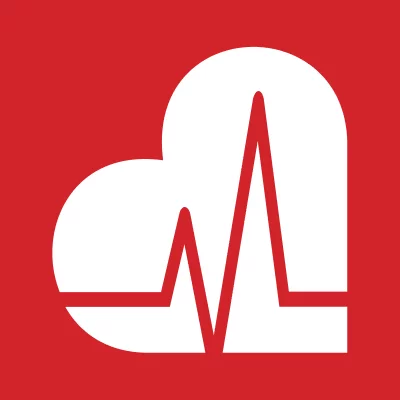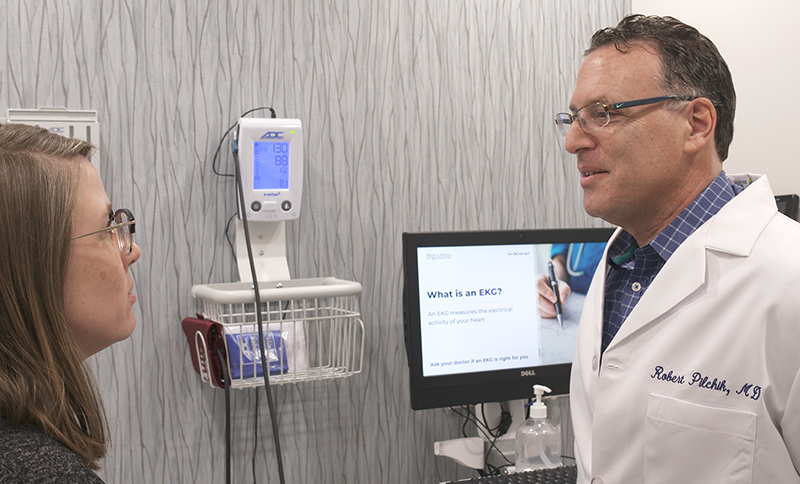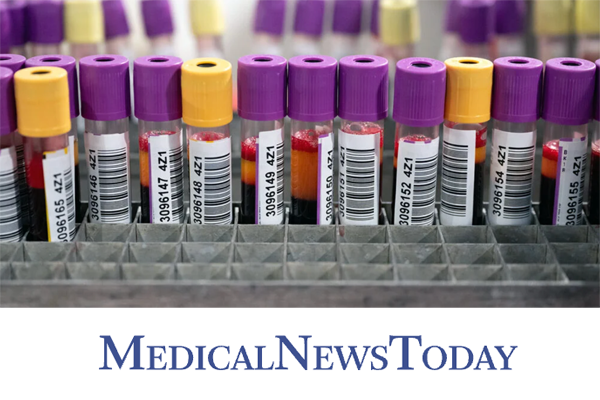- About Us
- Contact
- Languages
- Patient Experiences
- Feedback
- Locations
- Team
- For Patients
- Depts
- Services
- Abdominal Aortic Aneurysm
- Arterial Ultrasounds
- Cardiac Event Monitors
- Carotid Artery Duplex Scan
- Carotid Doppler Ultrasound
- Cholesterol Test
- Coronary Calcium Score
- COVID Testing
- COVID-19 Antibody Test
- Echocardiogram
- EKG Monitoring
- Exercise Stress Test
- Heart Health Screening
- Nuclear Stress Test
- Mobile Cardiac Telemetry
- Radiofrequency Ablation
- Remote Patient Monitoring
- Rapid COVID Test
- Renal Artery Ultrasound
- Stress Echocardiogram Test
- Stroke Screening
- Sudden Death Screening
- Transcranial Doppler Ultrasound
- USCIS / Green Card Medical Exam
- Varithena
- Vascular Ultrasound
- Venous Ultrasounds
- Conditions
- Acute Cardiac Conditions
- Aortic Aneurysms
- Aortic Valve Stenosis
- Arrhythmia
- Atrial Fibrillation
- Blood Clotting
- Bradycardia
- Broken Heart Syndrome
- Carotid Artery Stenosis
- Chest Pain
- Coronary Artery Disease
- Deep Vein Thrombosis
- Heart Attack
- Heart Failure
- Heart Palpitations
- Heart Murmur
- High Blood Pressure
- High Cholesterol
- Hypertrophic Cardiomyopathy
- Low Blood Pressure
- Mitral Valve Prolapse
- Mitral Regurgitation
- Pericarditis
- Peripheral Arterial Disease
- Postural Orthostatic Tachycardia Syndrome (POTS)
- Shortness of Breath
- Sleep Apnea
- Sleep Apnea Treatment
- Stroke
- Sudden Cardiac Death
- Tachycardia
- Transient Ischemic Attack
- Varicose Vein
- Vertigo







